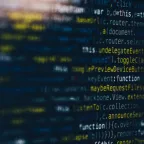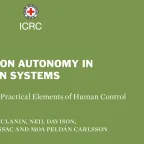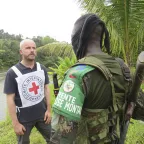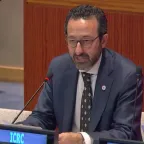Joint call by the United Nations Secretary-General and the President of the International Committee of the Red Cross for States to establish new prohibitions and restrictions on Autonomous Weapon Systems
… urgently establish new international rules on autonomous weapon systems, to protect humanity. Today we … specific prohibitions and restrictions on autonomous weapon systems, to shield present …





